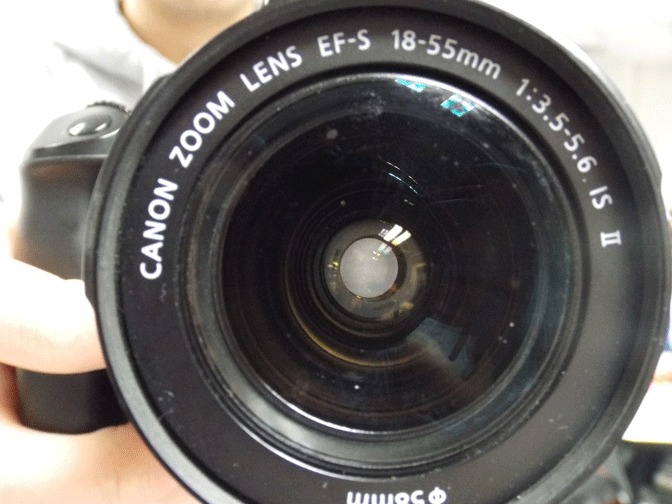North Korea: Aggressors, or scapegoats?
December 20, 2014
In recent weeks, Sony Pictures Entertainment has fallen prey to a series of powerful cyber-attacks compromising employee information and correspondences, in addition to a number of films and other works in production. The branch of Sony Corporation, responsible for recent films like the Spider-Man series and the Karate Kid remake, has been hacked by a group calling itself “Guardians of Peace”.
The hack at first seemed to be a simple information leak, but quickly, the attention of the “Guardians” turned to a certain upcoming movie–The Interview, starring James Franco and Seth Rogen.
The film, depicting a fictional, comedic attack on North Korean President Kim Jong-Un, has been attacked multiple times by the isolated nation, which calls its release “the most blatant act of terrorism and an act of war that we will never tolerate”. And the “Guardians of Peace”, in turn, has alluded to terrorist acts threatening theaters which show the film, saying: “Soon all the world will see what an awful movie Sony Pictures Entertainment has made. The world will be full of fear. Remember the 11th of September 2001” (Source: New York Times)
So, it comes as little surprise that in recent days, the United States has prepared a statement accusing North Korea’s burgeoning cyber-warfare department of the attack.
It seems perfectly rational. The regime has strongly opposed the release of the film, and the cyber-attacks have been powerful and relentless, threatening to compromise the entire company’s operations. And of course, threatening vast and widespread suffering over “insults” seen as more trivial than severe in the Western world is somewhat in line with North Korea’s government’s previous actions.
But the situation may not be so clear-cut.
The North Korean regime has said nothing of cyber-attacks, and has denied any involvement with the current uproar. This is strongly uncharacteristic of the regime–given past headlines, the country’s government takes every available opportunity to make shows of force. And a cyberattack is the perfect thing to take credit for–the hackers can essentially melt away into the rest of the Internet, leaving little or no trace.
Without any previous acknowledgment by North Korea even of the release of the threats, prior to the United States’ accusations, such an out-of-pattern way of going about the cyber-attacks is surprising, if not shocking, should it be proven true.
And if North Korea is in fact not responsible, some credit must be given to whoever the “Guardians of Peace” really are. The setup is perfect–North Korea has already taken a stance against The Interview, and the country is thought to have a cyber-warfare program, the capabilities of which have not yet been fully exposed. And regardless, whether the regime tries to deny the attacks or takes full credit, once the seed has been planted for the West, the idea will take hold that the Hermit Nation is responsible. No matter how vehement rhetoric might become from the country in denial, it’s no good. Quite frankly, no one really listens to North Korea, media or otherwise.
So with such a perfect setup laid out for any group of hackers to execute, the “Guardians of Peace” may have simply been the first ones to the party. The sheer truth is, we have no idea what the Internet is capable of. We know that it’s powerful, but more often than not, we overestimate the amount and strength of the limitations placed around it.
The Internet, by nature, is a playground, and there are, without a doubt, games being played that the vast majority of the world may never see. Any hacker group can be created and dissolve again to nothing, or lay down a trail for textbook-educated online law enforcement to follow. And there is no way to tell that that didn’t happen here–that some team of excellent hackers not only executed the attack, but laid out a full plan for governments to follow?
And if there is a group like that at play right now, they’re laughing…because they’ve won. An operation like that, should it exist, goes far deeper than a crude attack on an entertainment company. There is more behind it, in the minds of the orchestrators and the puppetmasters, with far broader implications for the world as a whole.
North Korea may have been behind the attacks. The country is going through changes, and maybe this is one of them. There are ways to get the Hermit Nation to reveal their actions, and they may well do so. But in handling the Sony hack, there are other alternatives here, as well–and should they be true, there are far more sinister realities ahead.













![Students in Archaeology use tools in a mock excavation. As a class that focuses on hands-on learning, students are able to gain crucial life skills. “[The class] is more hands-on than I thought, and I'm learning way more with physical activities than I do in the classroom,” said student Tess Brown ‘25.](https://cavchronline.com/wp-content/uploads/2024/11/IMG_8390-e1733078359165-278x300.jpg)

